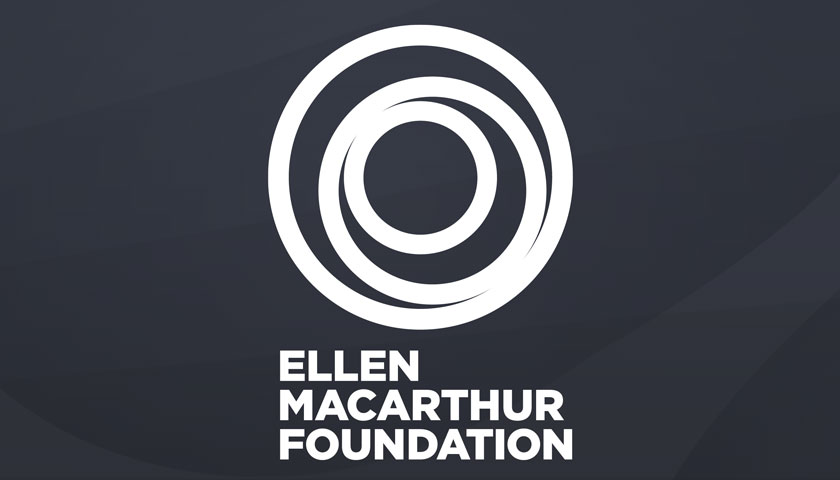The Ellen MacArthur Foundation and the UN Environment Programme published the first annual New Plastics Economy Global Commitment progress report at the Our Ocean Conference in Oslo. The report provides an unprecedented level of transparency on how almost 200 businesses and governments are reshaping the plastics system.
Promising progress is being made:
- Companies set out actions to eliminate problematic plastic packaging, and increase the use of recycled plastic in packaging by more than five-fold by 2025, equivalent to keeping 25 million barrels of oil in the ground every year
- Unilever, Mars, Incorporated, and PepsiCo announce significant reductions in virgin plastic use by 2025
- Analysis carried out for the report shows that on average around 60% of business signatories’ plastic packaging is reusable, recyclable or compostable today. Through the Global Commitment, they have committed to making this 100% by 2025
- Government signatories including France, Rwanda, the UK, and the cities of São Paulo (Brazil) and Austin (USA), are putting in place policy measures that include bans, public procurement, extended producer responsibility (EPR) schemes, fiscal measures, and incentives for research and development
- The Ellen MacArthur Foundation and UN Environment Programme call for more businesses and governments to sign the commitment and continue to raise the ambition level
This announcement is an important step in the Foundation’s mission to accelerate the transition towards a circular economy. Launched in 2018, the Global Commitment now includes over 400 signatories, which are aligned on a path to build a new plastics economy. Business signatories, including companies representing 20% of all plastic packaging produced globally, are working to eliminate the plastic we don’t need, to innovate so that all plastic we do need is 100% reusable, recyclable, or compostable, and to circulate all the plastic we use.
Around the world, people are calling for businesses and governments to take action to stop plastic pollution. Leading businesses and governments stepped forward by signing the Global Commitment and we can now see promising early progress. This includes major commitments to reduce the use of virgin plastic, the introduction of reuse pilot projects, and unprecedented demand for recycled plastic in packaging. But there is a long way to go and it is crucial those efforts are accelerated and scaled, and more businesses and governments take action to eliminate plastic pollution at the source.
Addressing plastic pollution requires a fundamental system shift, from a linear to a circular economy for plastic, which is at the core of the New Plastics Economy Global Commitment. The 2019 Progress Report shows how leading businesses and governments are taking actions in such a systemic way, thus demonstrating this makes business and political sense. The benefits represent a huge opportunity, and the concerted approach leaves no excuses not to act. We need all actors to work together in the plastic pollution crisis: UN Environment Programme calls on all relevant businesses and governments to join the Global Commitment to fight against plastic pollution as part of the implementation plan ‘Towards a pollution-free planet’.
To tackle plastic waste and pollution we must move beyond recycling and the elimination of only the most commonly identified problematic packaging. Through innovation, product and supply chain redesign, and new reuse business models, companies can reduce their plastic packaging use, while unlocking new economic opportunities.
The question is not whether a world without plastic pollution is possible, but what we will do together to make it happen.
To find out more please visit: www.newplasticseconomy.org
